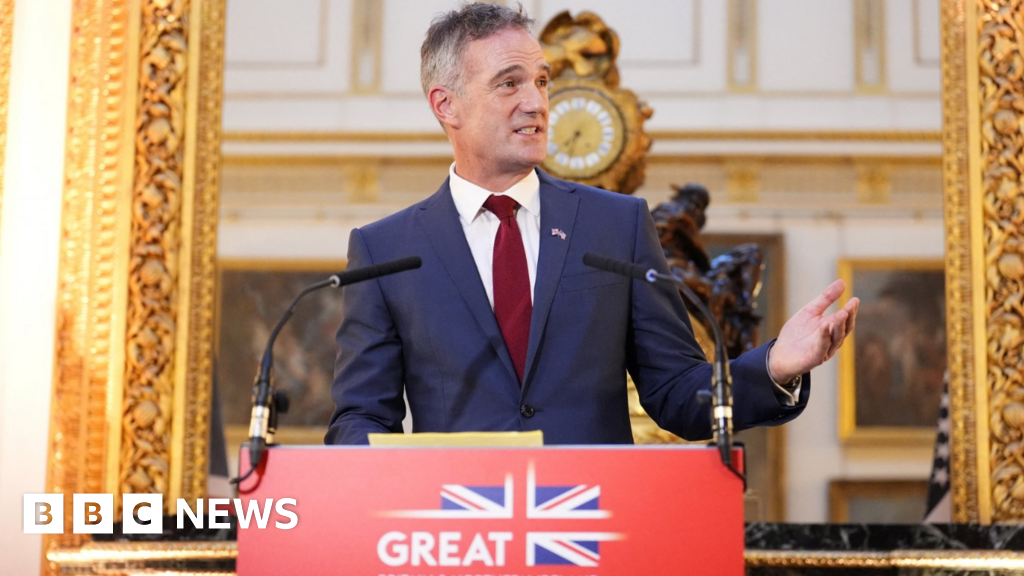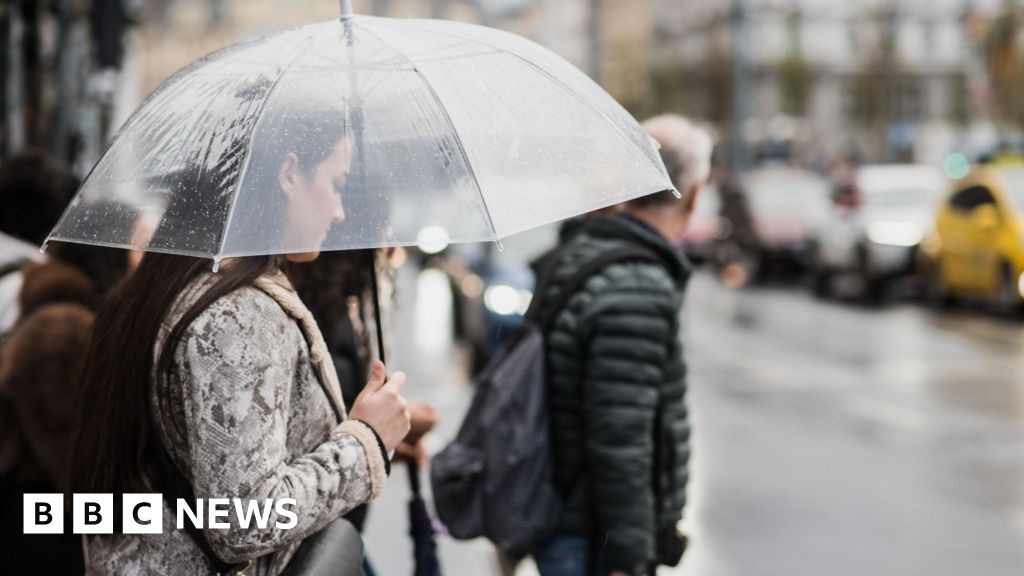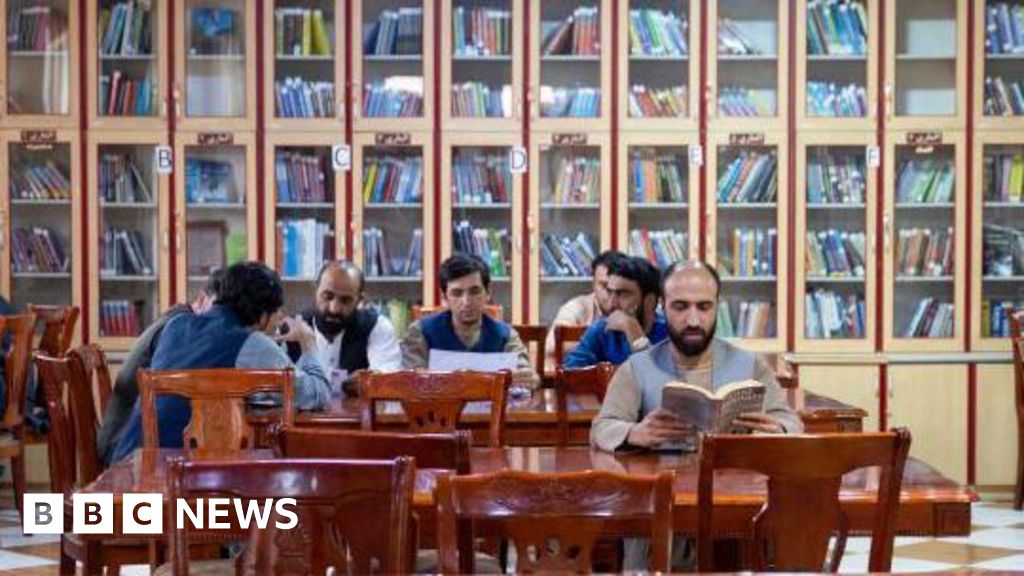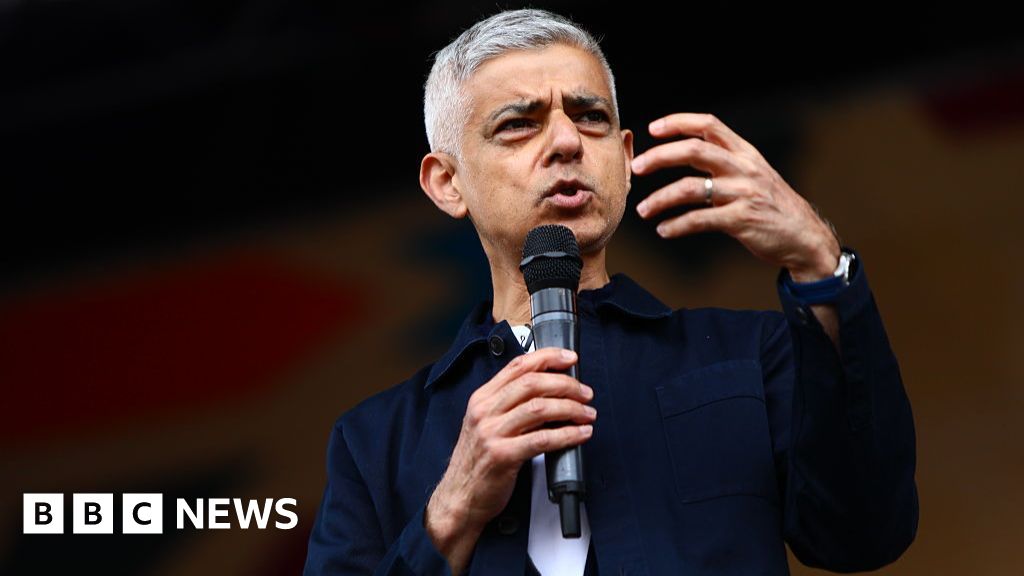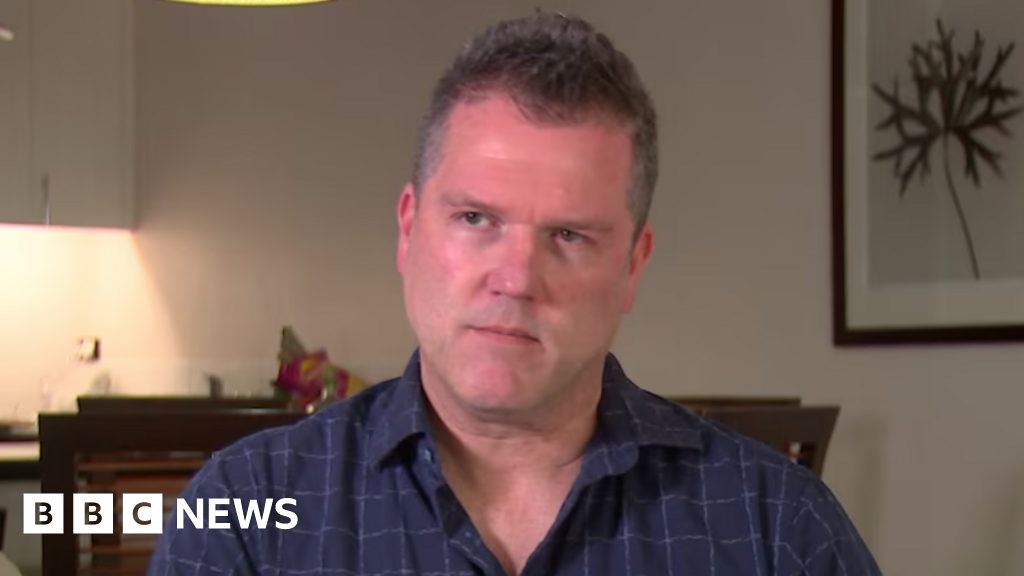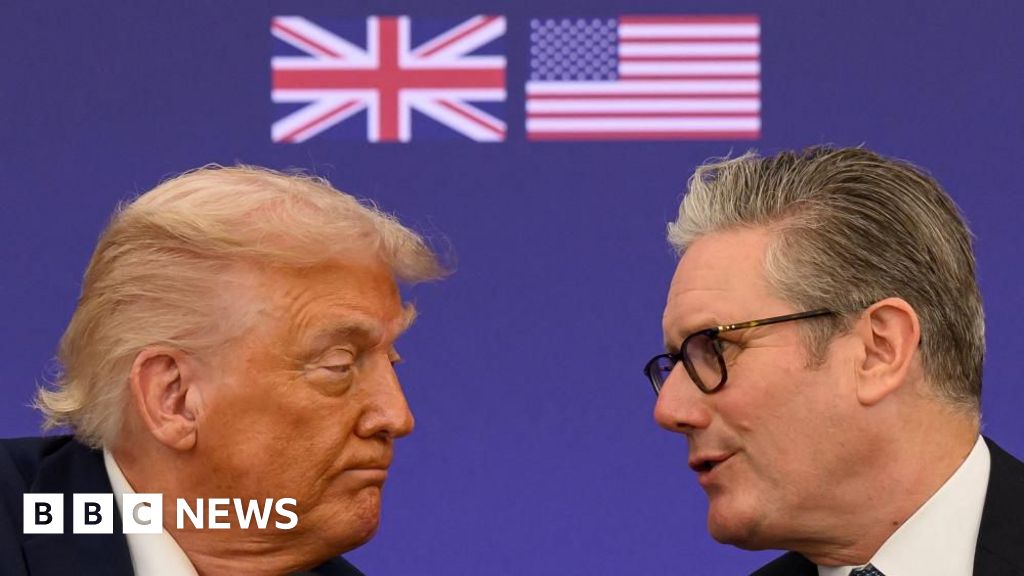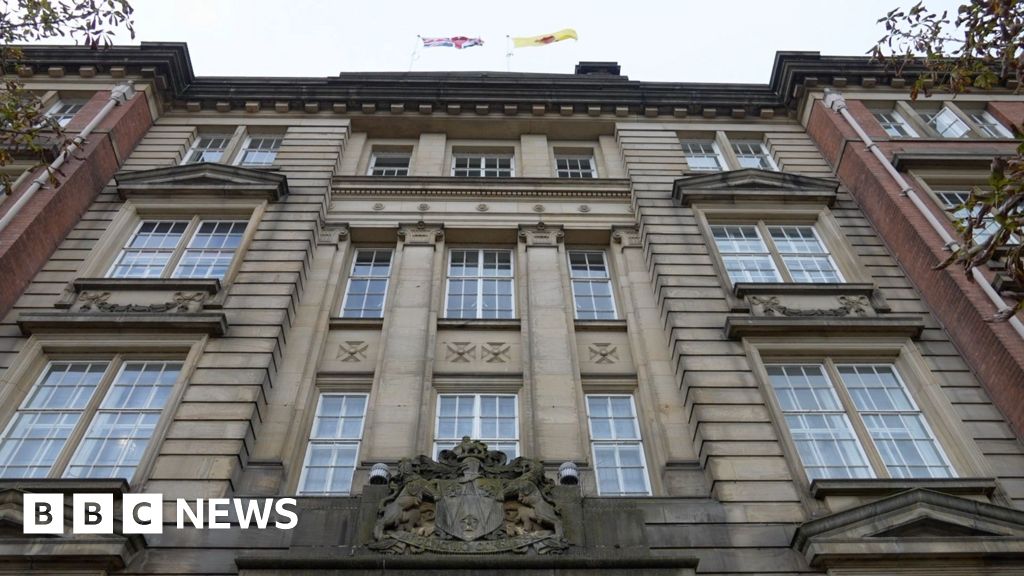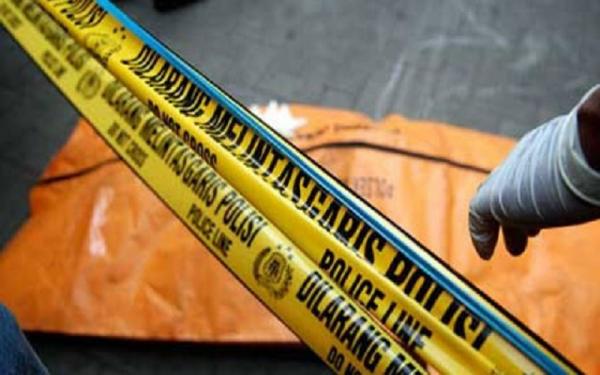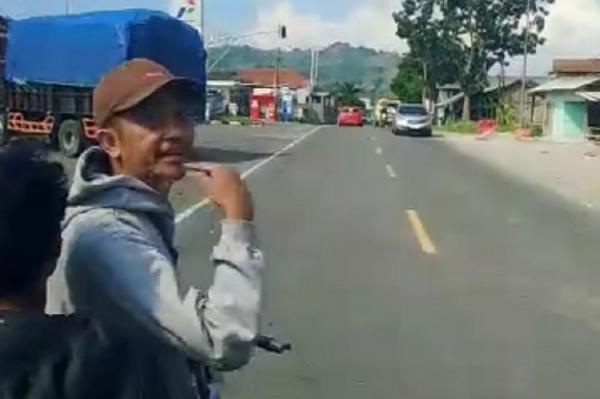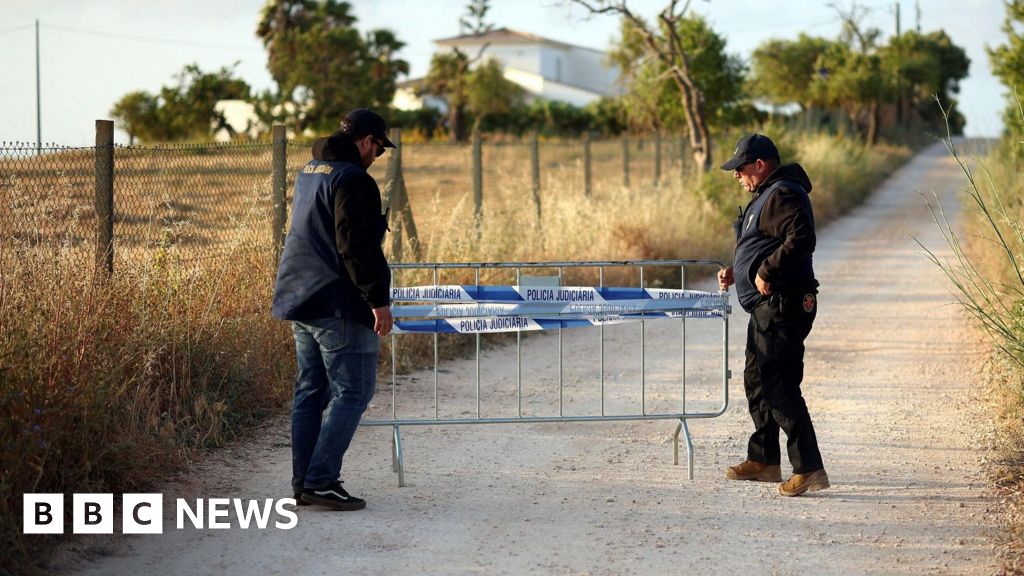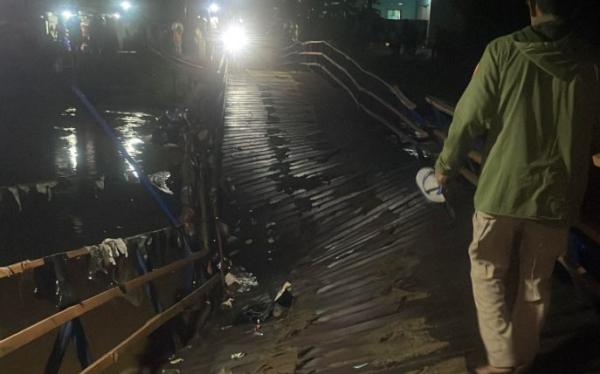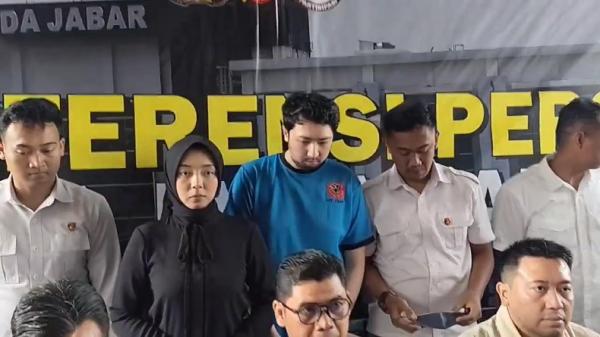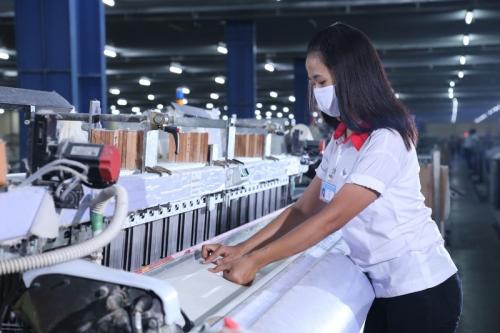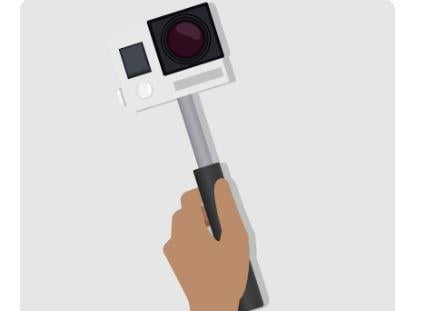
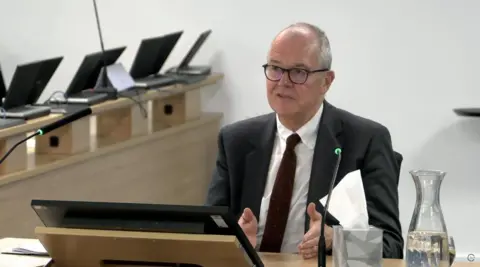 PA Media
PA Media
Lord Patrick Vallance, former government chief scientific adviser, gave evidence to the inquiry in west London
Boris Johnson pushed for a more "ruthless, authoritarian approach" towards people who refused to self-isolate during the pandemic, the UK's former scientific adviser has told the Covid inquiry.
The instinct of policy makers was to favour "punitive measures" over financial support, according to Lord Patrick Vallance who spoke to the PM throughout the crisis and appeared alongside him on TV briefings.
Diary entries written by Lord Vallance during that time revealed officials "always want[ed] to go for stick, not carrot".
Lord Vallance has said his diary entries were informal personal reflections and "late night musings", never intended for publication.

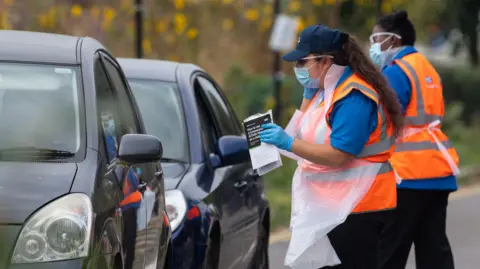 PA Media
PA Media
Staff hand out testing kits to people in cars in Southwark, London on 16 September 2020.
He was giving evidence to the sixth part of the Covid inquiry, which is investigating test, trace and quarantine policies.
During 90 minutes of questioning, he was shown a series of entries from his evening diaries from the first year of the pandemic.
On 12 August 2020, he wrote about a meeting with the prime minister and his senior aides, including then chief adviser Dominic Cummings and cabinet secretary Simon Case.
"Instinct of this crew is to go for more enforcement and punitive measures," he wrote.
"We suggested more carrot and incentives [were] required to make people take a test, self-isolate etc, but they always want to go for stick not carrot."
Asked who he was referring to in that entry, Lord Vallance said it would have been the "decision-makers for policy".
In another entry, on 25 September 2020, as Covid cases were rising once again, he quoted Boris Johnson as saying: "We need a lot more punishments and a lot more closing down".
And in a further entry on 7 January 2021, just after the start of the third nationwide lockdown, he wrote: "PM says: 'We haven't been ruthless enough. We need to force more isolation. I favour a more authoritarian approach.'"
However, he also added: "Rather late in the day, the PM is understanding that incentives (or removal of disincentives) need to be in place to help people."
On 28 September 2020, ministers introduced a legal duty for those who had tested positive for Covid or were contacted by the test-and-trace service to self-isolate in England. It was announced that fines of between £1,000 and £10,000 would be imposed on repeat offenders.
Test-and-trace support payments of £500 were also offered for those on lower incomes.
Sir Patrick said it was "important to remember" the purpose of mass testing was to identify potentially infectious individuals who could self-isolate and "if isolation isn't happening, then testing isn't really doing what it's supposed to be doing".
When the new rules were introduced, Boris Johnson said the public needed to do "all it could to control the spread of the virus" and prevent the most vulnerable from becoming infected.

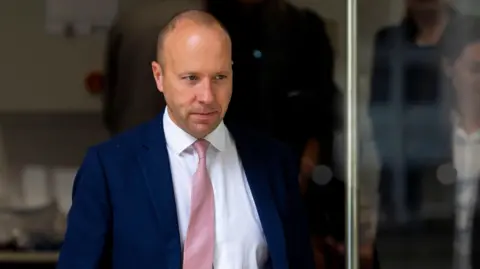 PA Media
PA Media
Earlier, Matt Hancock told the inquiry it was "crucial" the UK should retain its ability to rapidly scale-up mass testing for a new disease in any future pandemic.
The former health secretary said he was concerned the testing system set up in 2020 was now being dismantled, making it much harder to respond.
"The critical thing is that we absolutely must, as a nation, be ready to radically expand capacity once a test is developed," he said. "We were not last time."
Asymptomatic infections
Mr Hancock was asked about a letter he was sent, on 14 April 2020, by two Nobel prize winning scientists, Sir Paul Nurse and Sir Peter Ratcliffe, urging that all healthcare workers be offered regular tests for the virus.
In evidence last week, Prof Nurse said his letter had been "ignored" by the secretary of state for three months, before he received an "anodyne response" from another civil servant.
Regular testing of care home workers didn't start until the summer of 2020 in England, while NHS staff and other social care workers were not offered weekly tests until November of that year.
Mr Hancock said he had not seen the letter personally and by that point, the government was already putting in place policies to tackle the transmission of the virus by people without clear Covid symptoms.
"The argument that is implied is that, somehow, somebody eminent who won a Nobel Prize knew something and we ignored it. It's just not true. It's not what happened," he said.
.png)
 3 months ago
50
3 months ago
50
